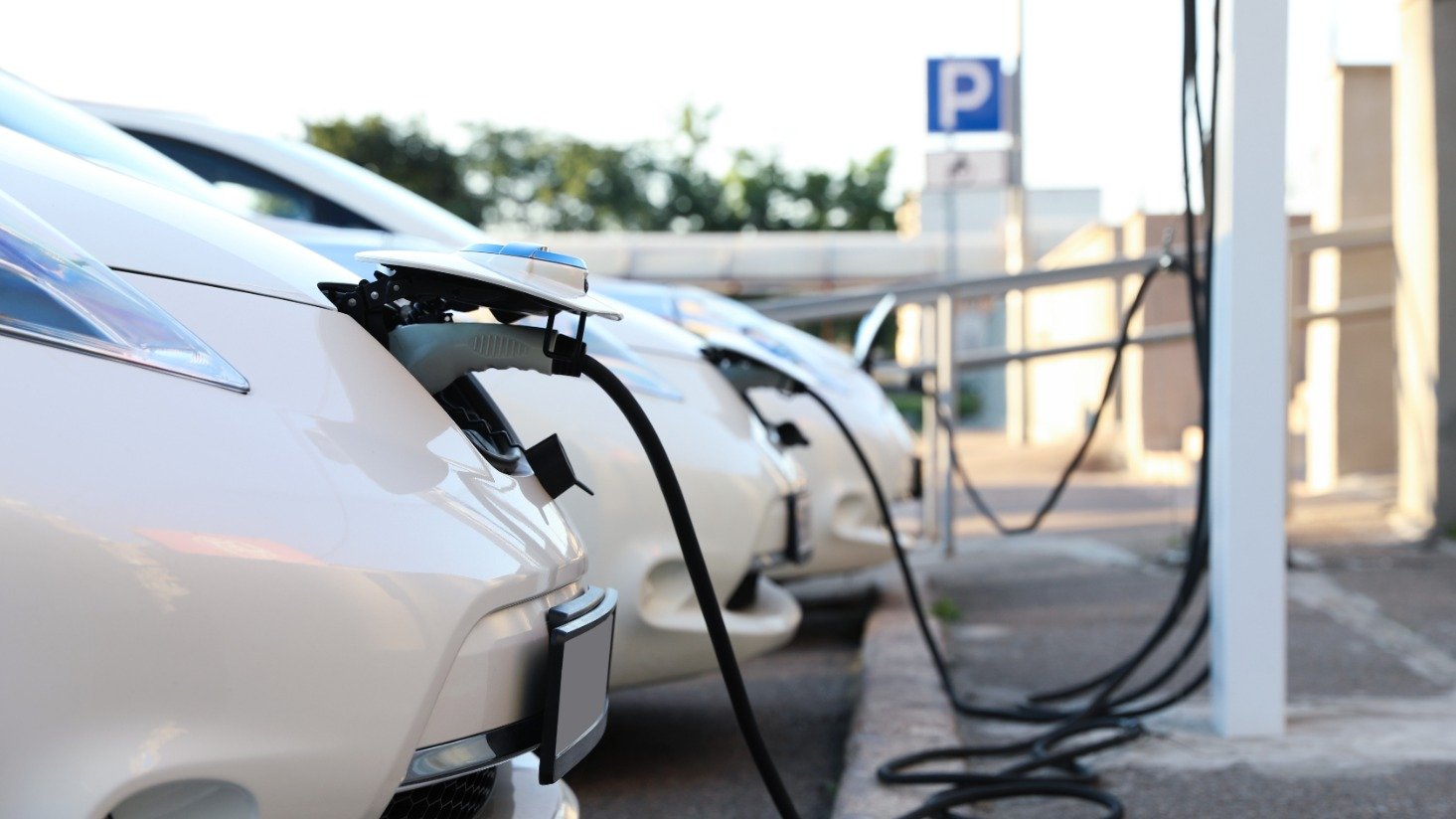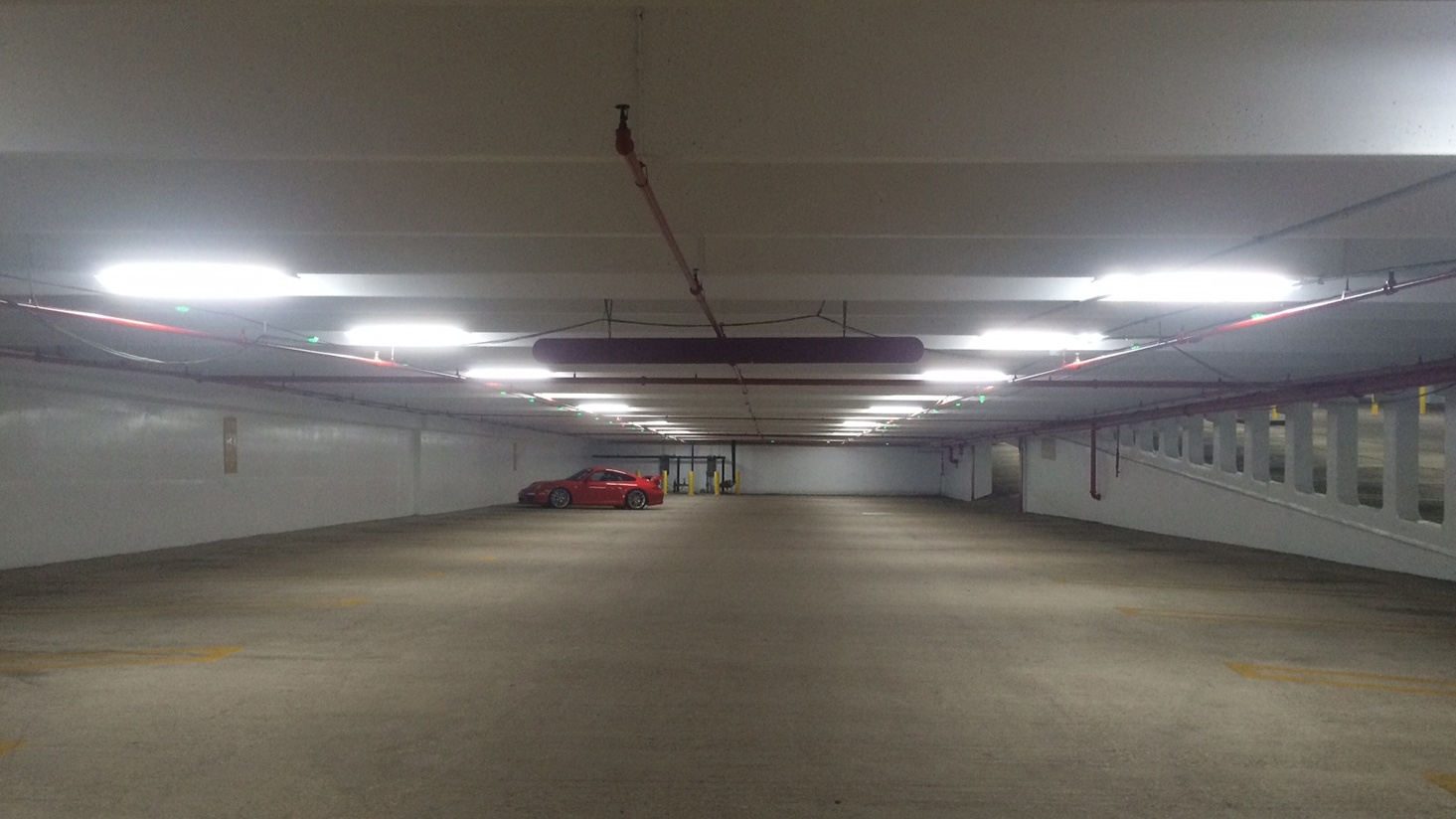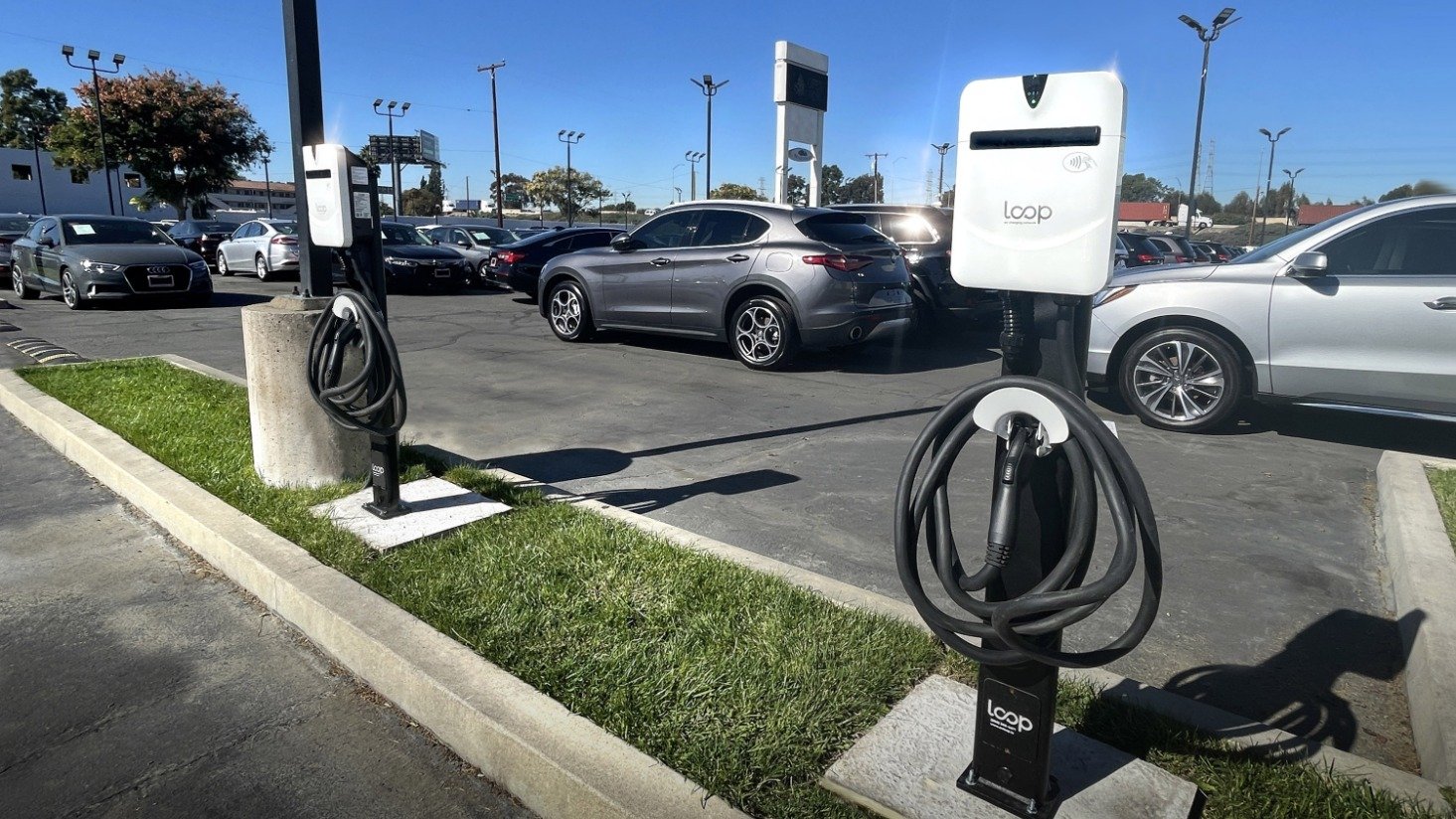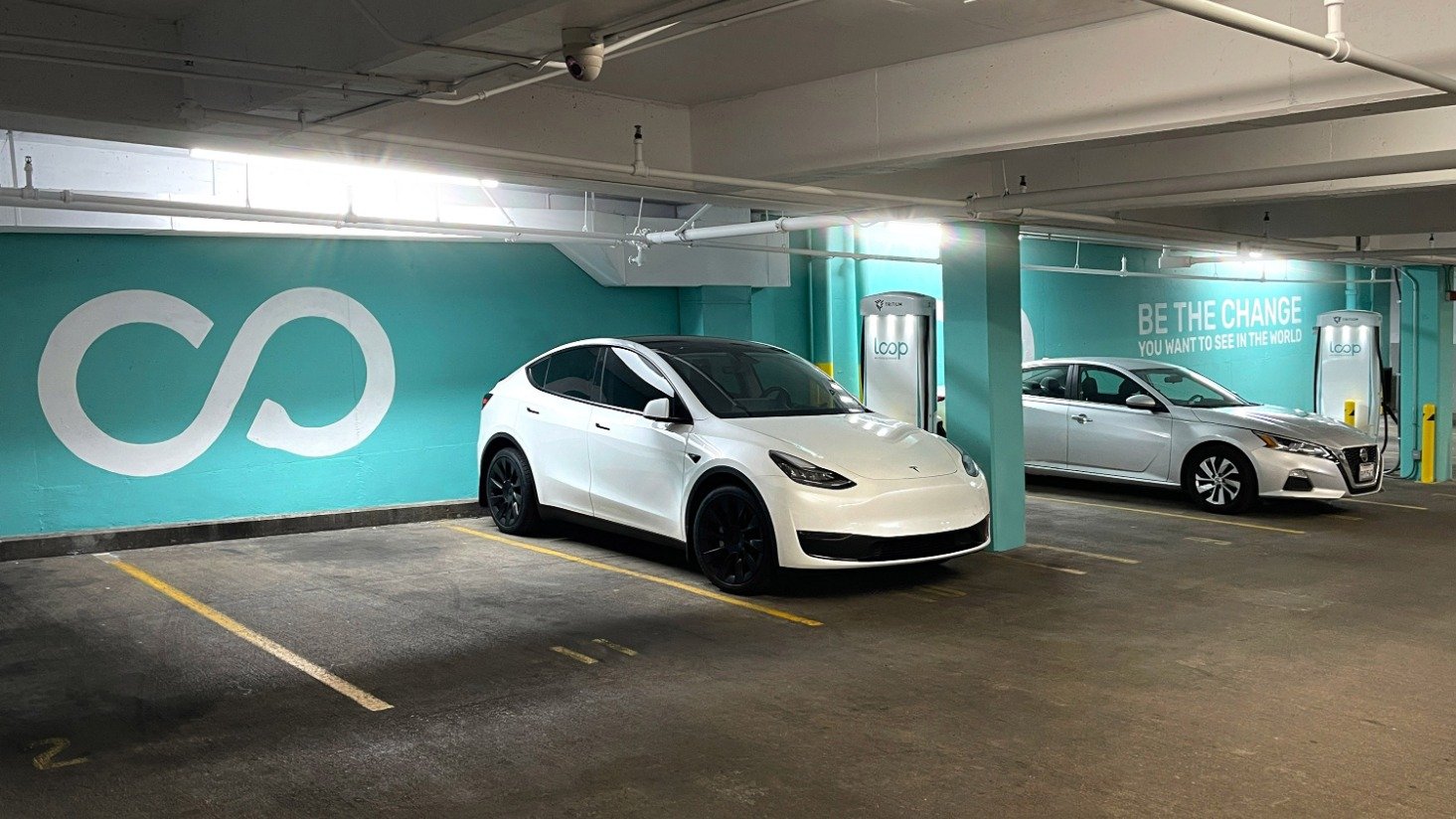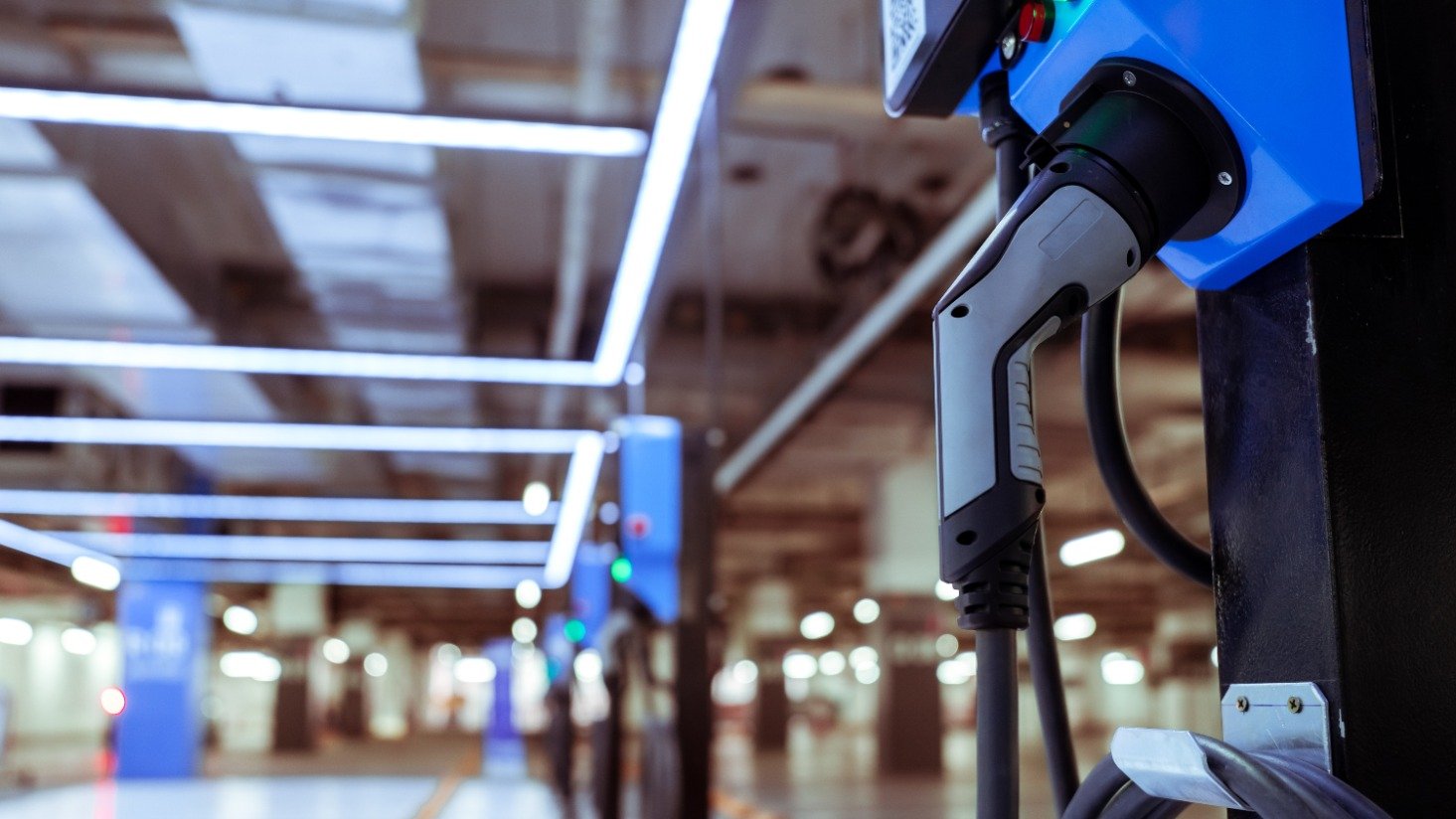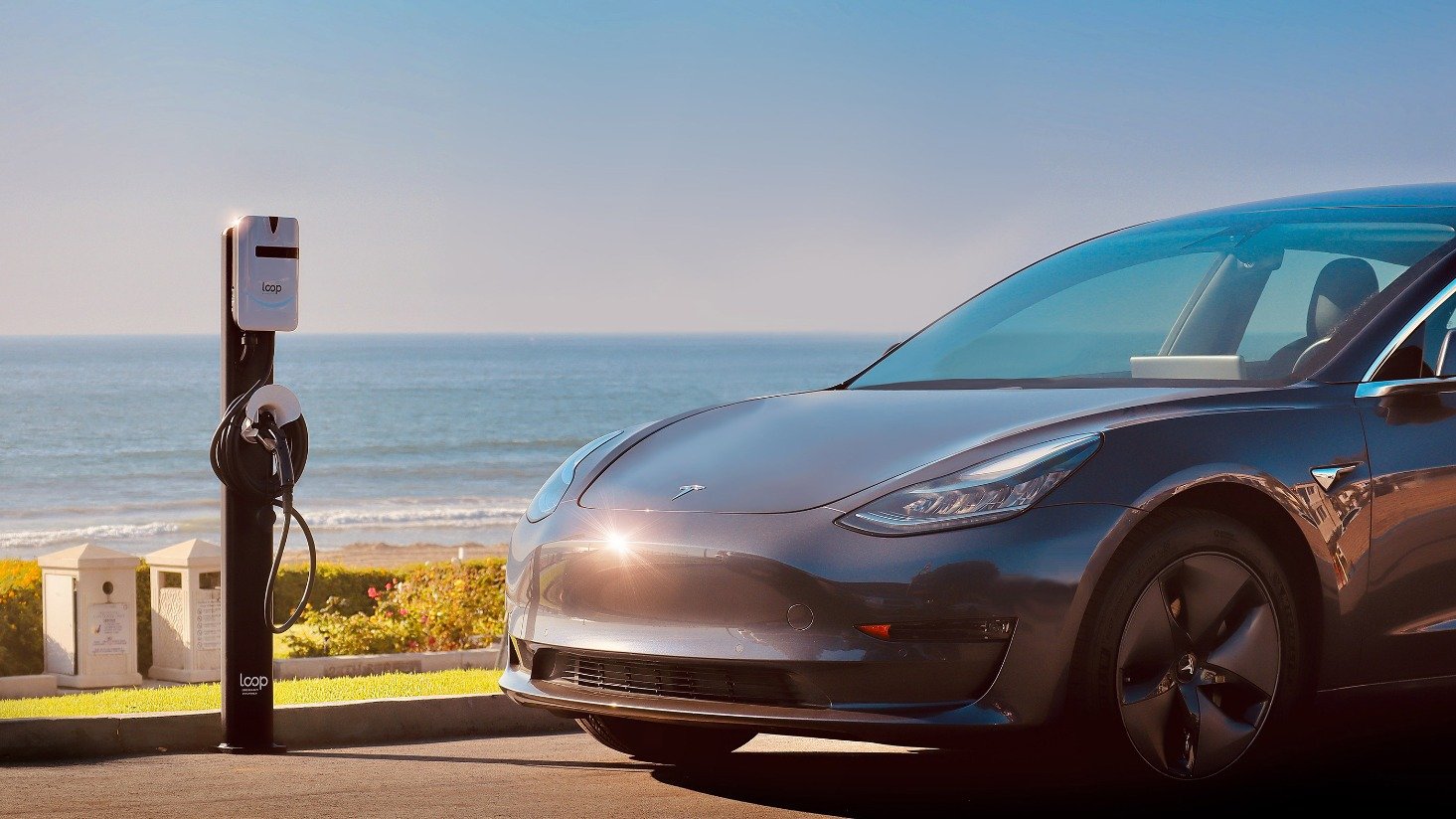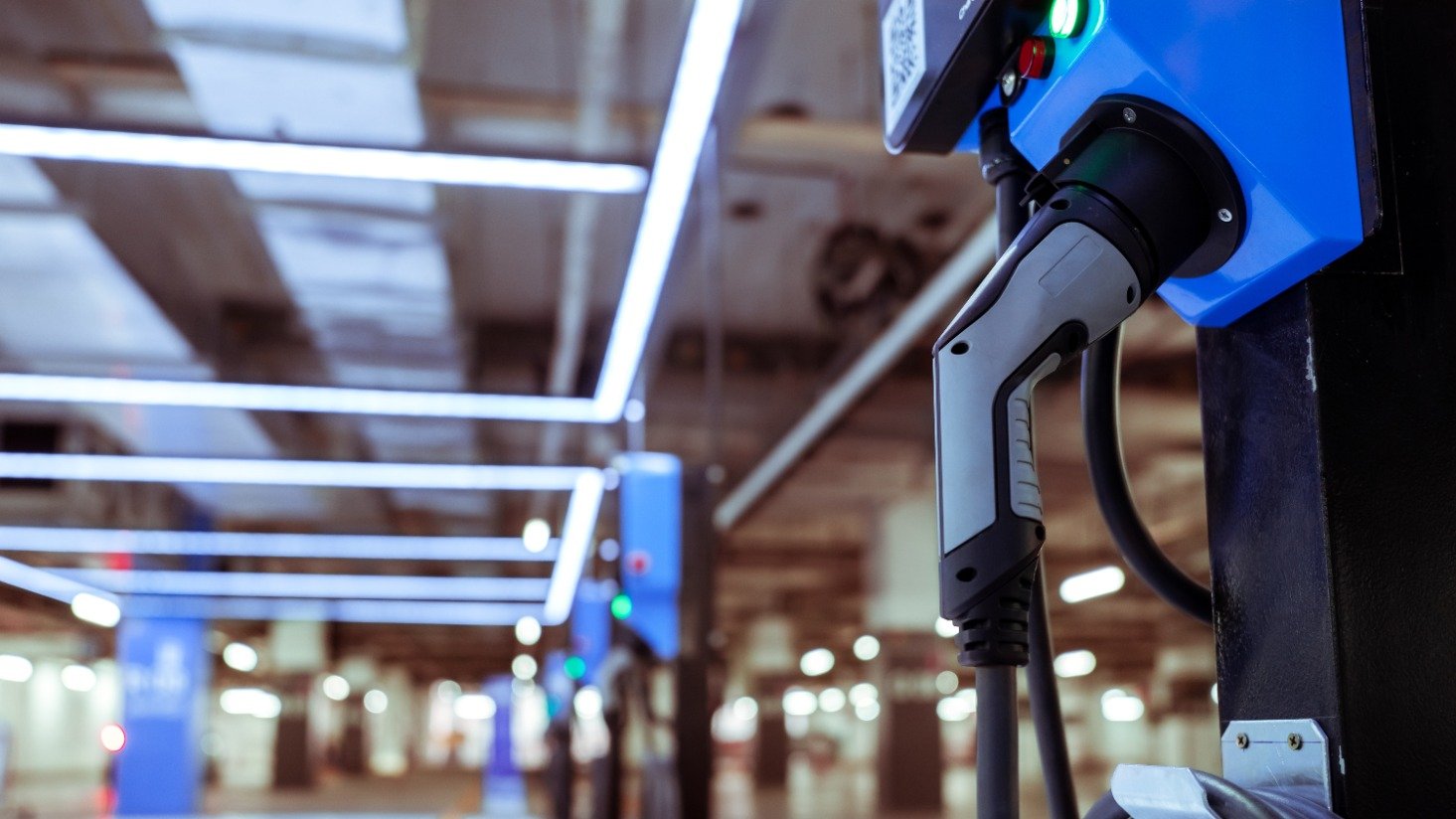The practical differences between level 1 and level 2 EV chargers
The market for electric vehicles is surging — which means the need for EV chargers is also surging. If you don't already have EV chargers at your commercial or multifamily building, it's soon going to become an expectation.
A report published by BloombergNEF shows consumers spent $388 billion on passenger EVs in 2022. That's up more than 50% from the year before.
So, what's going to keep all of those electric motors running? Energy. Now the bigger question is how quickly EV chargers "fill up" the batteries on electric vehicles, and that all depends on the type of charger.
We're taking a look at the different types of EV chargers and the best option for your tenants, customers, and employees.
What are the types of EV chargers?
There are several different types of EV chargers. The best option for your property will likely depend on users' expectations and priorities.
Level 1 EV chargers
Level 1 EV chargers are a simple and seemingly convenient solution. They plug into a 120-volt outlet (the outlet you typically use for items like a hair dryer) and don't require an electrician for installation.
However, there are a few disadvantages. They tend to be slow, aren't networked, and may be a waste of money. The typical charging speed is about two to four miles of range per hour of charging. Think of it this way: a car with 300 mile range would take more than three days to charge from empty — and that's at the fastest charge rate.
While a Level 1 EV charger may be cost-efficient option in a home setting, it's not practical in commercial applications.
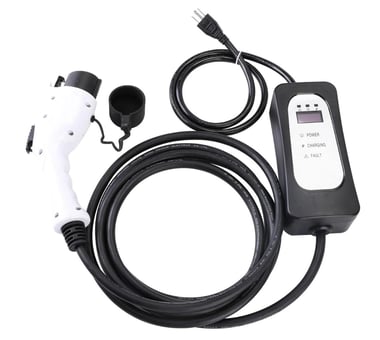 In summary: Level 1 EV chargers run on 120V and deliver two to four miles of range per hour of charge time.
In summary: Level 1 EV chargers run on 120V and deliver two to four miles of range per hour of charge time.
Level 2 EV chargers
Level 2 EV chargers require 208/240-volt power and a dedicated circuit (the same type of setup used for a clothes dryer or oven in a home). These chargers are the most common type used in commercial applications, but there are also significant differences between different Level 2 charger models, so it's critical to know what you're getting.
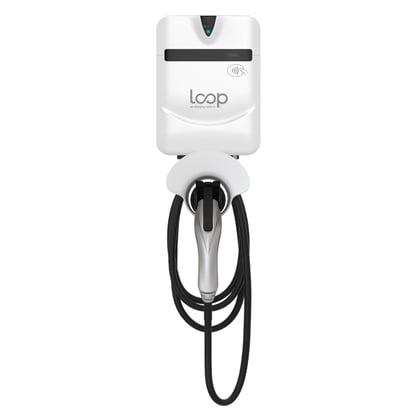 Level 2 EV chargers and charge speed
Level 2 EV chargers and charge speed
Most of the Level 2 EV chargers on the market have an amperage rating between 16A and 80A. This rating is an indication of the potential charge speed.
A great rule of thumb to use to estimate charging speed is that 1 amp of charger rating is roughly equivalent to 1 mile of range per hour of charge time. So, a 32A Level 2 charger will recharge an EV two times faster than a 16A Level 2 charger. An 80A charger will recharge an EV about two and a half times faster than a 32A charger.
Using the same example as above, a 300 mile range car using a 32A Level 2 charger will charge from empty overnight. Using an 80A charger, that time can be reduced to less than four hours. One important note on charge speed is that the car model will impact the max charging speed since not all cars can take advantage of the full 80A charger speed — but cars are catching up on the technology for this.
Networked vs non-networked Level 2 EV chargers
The next big consideration for Level 2 EV chargers is networked versus non-networked models. A networked charger gives you the option of billing people for using the charger, looking at usage levels over time, and more. Since networked models give companies the most flexibility for how they will use and bill for EV chargers over time, these tend to be a best practice in commercial applications.
A non-networked Level 2 charger is a good way to save on equipment costs, but this could be a short-sighted decision based on your business needs.
One critical factor in choosing networked chargers is that the network you choose is important. If the network is down, your charger won't operate, so reliability is key. Additionally, if the supplier tries to lock you into a long-term contract, make sure that you consider and compare other options.
In summary: Level 2 EV chargers run on 208/240V and deliver 16 to 80 miles of range per hour of charge time based on the amperage rating. They come in networked (you can bill people for using the charger) and non-networked models.
DC Fast Chargers
While there is not technically a "Level 3" EV charger, DC fast chargers have been referred to as "Level 3" in some circles. DC fast chargers are the closest equivalent to having a gas pump in the EV charger world.
DC fast chargers operate off 380/480 volt power and are the most complex and expensive EV chargers to install.
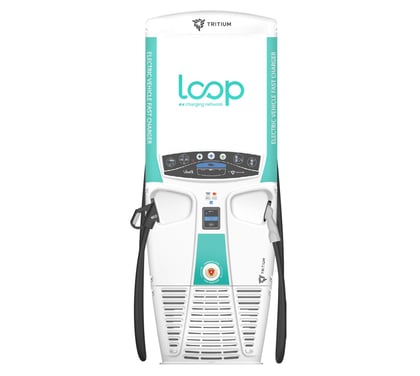 If you've researched the market, you've probably heard of Tesla Superchargers. They advertise up to 200 miles of range in as little as 15 minutes, which is a big upgrade in convenience from Level 1 and Level 2 chargers.
If you've researched the market, you've probably heard of Tesla Superchargers. They advertise up to 200 miles of range in as little as 15 minutes, which is a big upgrade in convenience from Level 1 and Level 2 chargers.
In summary: DC fast chargers run on 380/480V and deliver 50 to 200 miles of range in 15 minutes of charge time. These are best suited to specific commercial applications where there's a high value to providing a rapid battery recharge.
What about a “Level 1-2” EV charger?
"Level 1-2" EV chargers can essentially operate as either a Level 1 or Level 2 plug-in model charger, depending on the plugs available where you need to charge. They have adapters so they can be plugged into a 120V electrical socket (to operate as a Level 1 charger) or plugged into a 208/240V plug (to operate as a Level 2 charger).
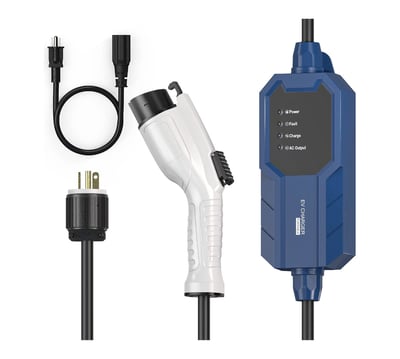 These may be an interesting solution for EV drivers who aren't sure what kind of charging will be available when they get to their destination, but you still need a plug available to use these.
These may be an interesting solution for EV drivers who aren't sure what kind of charging will be available when they get to their destination, but you still need a plug available to use these.
Because they are not hard-wired, they are a better fit for residential applications instead of commercial applications. If you're looking at a Level 1-2 charger, you will also want to pay close attention to the amperage rating so you know the maximum possible charge speed.
What kind of EV charger is best for businesses?
If you're looking at installing EV chargers for your business, the choices can be confusing and overwhelming. Most businesses are gravitating toward Level 2 chargers because they offer balanced options between cost and charge speed. Once you're clear on your EV charging plan, a lot of the decision comes down to comparing the contracts and services with different EV charger manufacturers.
Since so many factors are at play in this decision, we recommend a conversation with experts before you get too far down the road. Our team has partnered with trusted companies to help guide you through this process. Contact us for a free consultation today. Our goal is to make it easier, faster, and less costly to get EV chargers installed on your property.
